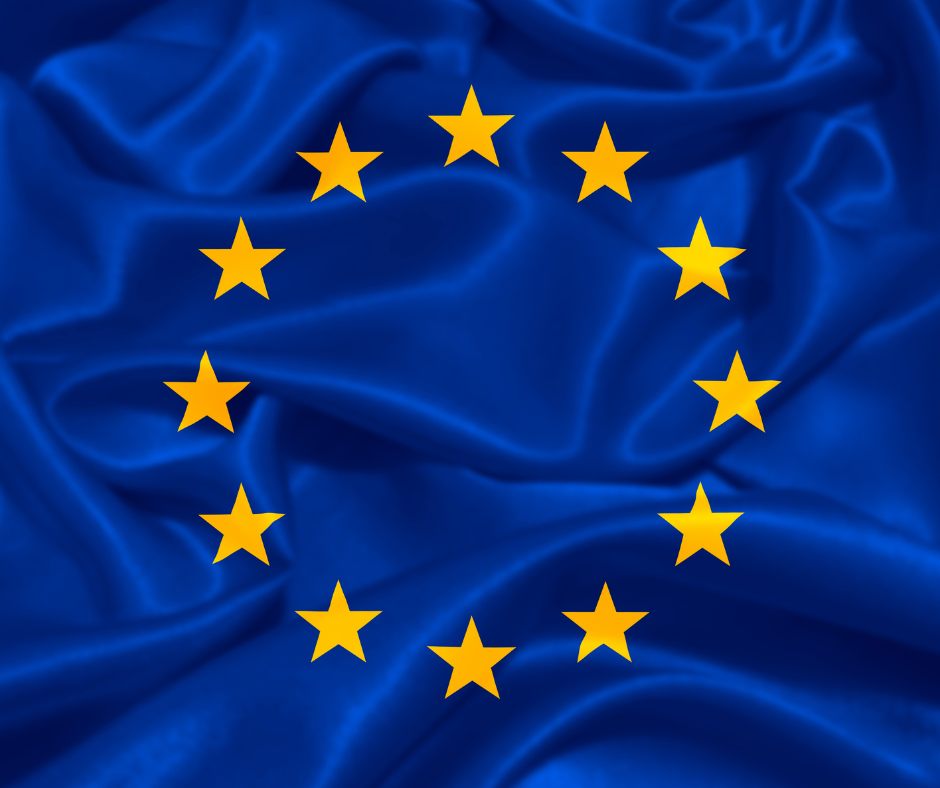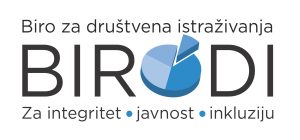The European Media Freedom Act (EMFA), a landmark for press freedom in the European Union (EU), enters into application on Friday, August 8.
The act aims to protect media independence and pluralism from both political interference and the influence of powerful private groups. It tackles issues like concentration of media ownership, pressures on newsrooms through advertising contracts, and political control over public broadcasters.
The push for the EMFA gained momentum after the “Pegasus” scandal, which exposed how some countries, including Hungary and Greece, used Israeli spyware to monitor journalists. The software allowed covert access to phones, enabling surveillance of text messages, calls, locations, and other private data.
Key provisions of the EMFA require EU member states to ensure journalistic sources and confidential communications are effectively protected, and that no state institution, including regulatory bodies, can interfere in editorial policies and decisions of media service providers.
A dedicated clause focuses on public broadcasters, mandating their editorial and operational independence.
“The regulation aims to address press freedom issues in countries where media is under relentless attack, but all member states must assess their compliance,” said Thibaut Bruttin, Director-General of Reporters Without Borders, reported The Brussels Times.
Although the act was officially approved in March 2024, RSF notes that its implementation at national levels has been delayed due to a lack of sufficient political will on the part of member states. The organization has urged all member states to swiftly align their national legislation with the new regulation and ensure effective enforcement.
RSF also called on the European Commission to take immediate action against any countries obstructing the regulation. They stress that rapid, decisive responses from European and national institutions are critical to upholding the act’s core principles—freedom, independence, and pluralism in the media.
Source: N1




